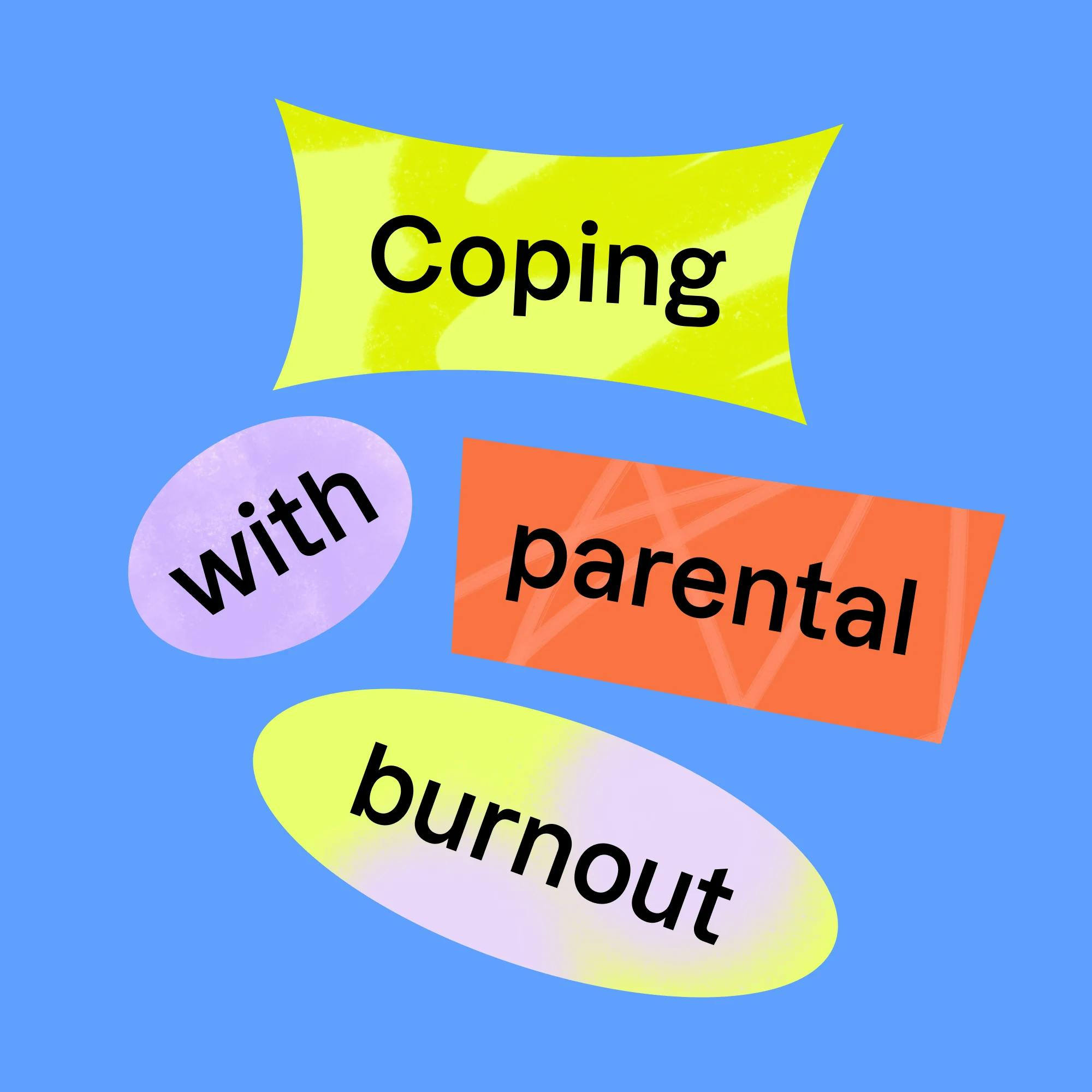If you are a parent or caregiver of a child with special needs, I hope you know what a superhero you are–even if you may not always feel like one. As a sibling to someone with special needs, I saw what my parents went through. Their plates were always overflowing. And now, as a speech-language pathologist, I see superheroes in many of the families I serve.
As a caregiver, one of your superpowers is to advocate, or speak up, for your child. This is incredibly important because it can help your child receive the support, services, and accommodations they need to be successful. It's a big undertaking, and it’s not always easy. However, you are not alone! There are many resources available to help–and even better, many are free.
Below is a guide to being the best advocate you can be for your child with speech-related needs. While advocating can sometimes seem daunting, rest assured, you can do it. In fact, you might already be doing many of these things. You are your child’s natural advocate because you know them better than anyone else!


Knowledge is power.
As a speech-language pathologist, I say this to all my clients because it’s true: “The more you know, the better you can do.” If you want to be a successful advocate for your child, you need to know all about your child’s label(s), or diagnoses. You can gain more insight by speaking with your child’s therapists, specialists, teachers, and doctors. And don’t forget other families who have a child with special needs. You can learn a lot through parent support groups. It also helps to educate yourself on your child’s rights under special education law–more on that below.
Stay calm and collected.
I know it’s easier said than done, but if you are calm and confident, you’ll do a much better job advocating for your child. Remember, you’re not doing this all alone (even if it feels that way at times). The expression “It takes a village to raise a child” is true! Your child’s speech therapist, occupational therapist, physical therapist, teachers, and doctors are there to support you. They can help prepare documents and even accompany you to important meetings about your child.
Embrace the labels.
Understandably, many parents have a tough time having a label put on their child, whether it concerns autism, apraxia, a speech delay, or another diagnosis. But labels actually help your child by enabling them to receive funding, therapy, and a community of support. When you understand the benefits, hopefully this pill won’t be as hard to swallow.


Learn the lingo.
It helps to learn the meaning of those mysterious terms you hear from teachers, therapists, and doctors. For example, if you hear that the speech therapist is “pushing in,” it means that your child’s speech therapist is working with your child in the classroom. If the speech therapist is “pulling out,” that means they’re working with your child outside of the classroom.
Here are some terms that are crucial to know if you are advocating for a child with special needs:
1 Individualized Education Plan/Program (IEP)
This is a legal document in the United States that is developed for each child with special needs. The IEP is created by a team of teachers, specialists, therapists, and parents/guardians to document the goals of the child and how they will be completed in public school. An IEP might include special education services and accommodations, or changes to the child’s learning environment.
2 504
Section 504 of the Rehabilitation Act of 1973 is a civil rights law that bans discrimination on the basis of disability. 504 was created to protect children with special needs. Under this law, schools must produce a formal plan for accommodating a student with a disability, such as providing extra time on tests. 504 plans are not part of special education. They are different from IEPs because they are covered by different laws and work in different ways. The main goal is the same, however: to help students become successful in school.
3 Free Appropriate Public Education (FAPE)
If your child has a diagnosed disability, they are entitled to this! FAPE ensures that the government is responsible for paying for the education of students with disabilities. This might include therapy, other services, or even communication devices. Children who qualify for FAPE receive an IEP, which is supervised by their public school. FAPE is part of the Individuals with Disabilities Education Act (IDEA).
You don’t have to be an expert in special education to advocate for your child (even if it sometimes feels like you’re becoming one!). However, reading about special education laws can help you understand what your child is entitled to. And if you have the means, you may want to consider hiring a special education attorney. They can help you navigate the waters and ensure that your child is receiving all the services and accommodations that are lawfully theirs.


Ask questions!
It’s very important to know what your child is entitled to and what their current accommodations and services are. You are in charge! You can always ask for clarification, disagree with recommendations, or request more testing or accommodations. Some questions you might want to ask include:
What are my child’s current accommodations with test-taking or other types of schoolwork?
Does my child get extra time on standardized tests?
Who is my child’s speech therapist at school? Have they worked with my child’s diagnosis before?
Does my child get pulled out of class for therapy? Is it the same class every time?


Keep written records and organize your paperwork.
It’s a good idea to keep notes on everyone you speak to and what you talked about. Growing up with a father who is a special education and civil rights attorney, I was told to document everything! If there is ever a disagreement regarding something that was said, you can pull out your notes to confirm what took place.
Also, think about it–you have enough on your mind! Why not write it down to make room for other important things you need to focus on?
Keep copies of your child’s report cards, evaluations, IEP, 504 plan, medical records, homework examples, and other documents. This will give you insight into your child’s challenges and help you track their progress. It will also make it easy to provide documentation if you begin working with a new specialist.


Take time to prepare.
Planning ahead will help you in the long run. Unlike teachers, who work with your child for only one school year, your role is to plan your child’s education for the long-term.
Before you meet with your child’s team, you should be able to answer some of the below questions for yourself. This can set the tone and direction of your child’s education moving forward.
What are your child’s strengths? Areas of weakness?
What are your current communication goals for your child?
What accommodations and/or services does your child need to thrive in school?
What do you expect of the school?
What do you expect of your child?
What does your child need to learn or do before leaving the public school system?
How can you help your child’s team meet these goals? What can you do at home?
Whenever you meet with your child’s team, have an agenda prepared that includes your questions, concerns, and thoughts. Before you end the meeting, make sure everything was answered or designated for follow-up (along with a date for when the follow-up will occur!).
Build relationships.
Knowing your child’s team and speaking with them often will keep the lines of communication open and help avoid misunderstandings. The name of the game is collaboration. Be open-minded and listen to your child’s team. They are there for you and your child!
Being a caregiver of a child with special needs is hard work–and you are doing it! There will be days when you feel confident and proud of what you’ve accomplished. On other days, you’ll need a minute or 10 to regroup. But no matter what, always remember: Your child is lucky to have you as their superhero advocate.













